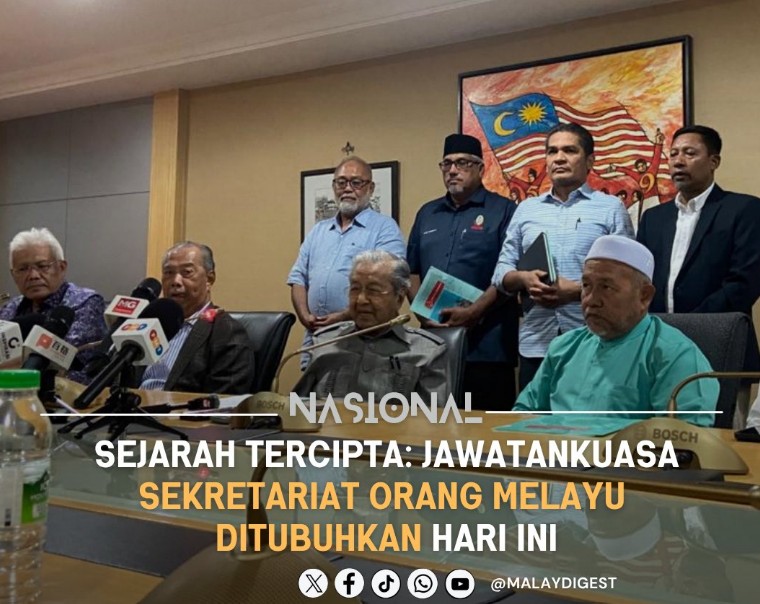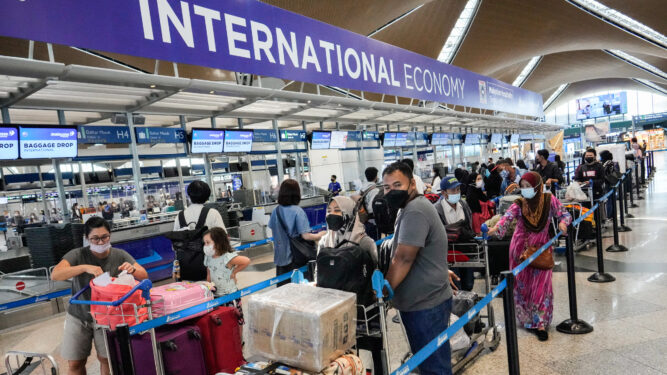MALAYSIAN banks continued to display resilience in 2021 by performing better than in the previous year despite persistent economic headwinds with prolonged movement restrictions, moratoriums and repayment assistance, thanks to the buffers and structural strength built over the years.
According to Moody’s Investors Service, “although the banks would be impacted due to the extended repayment assistance that would affect credit costs and also in terms of profit margins due to a modification cost, structurally the Malaysian banking system has remained strong enough to withstand distress”.
This is the blessing banks in Malaysia have had enjoyed for their noble efforts to help the rakyat cope with the pandemic.
They managed to report stronger income from more optimised cost of funds (COF) arising from Bank Negara Malaysia (BNM) keeping record low an OPR of 1.75% during the challenging period. Therefore, the trick is in offsetting low OPR which had depressed the net lending/interest income with lowered COF.
To mitigate the challenges faced in 2021, banks had exercised more cost cutting and digitalisation process, put a tighter loan-vetting process, expanding current accounts saving accounts (CASA) base, and focusing more on stable fee income via forays into wealth management and premier banking as well as de-risking exercises and balance sheet rebuilding.
The banking sector is expected to do well again this year. What’s more with OPR currently raised to 50 basis points (25 basis points each in May and July), banks will no longer experience a depressed net interest income (NII).
Together with continuing to maintain best practices like optimising COF, more cost cutting and digitalisation process, among others, they can afford to be on top of the situation despite the challenges of 2022 which is mainly the galloping rise in global inflation.
Give back to society
Perhaps, the time has come for the banking sector – in view of the rising OPR at a time when the rakyat is facing problem with the high cost of living brought about by galloping global inflation – to implement a rakyat-friendly loan regime whereby existing clients with floating rate loans should not be burdened with monthly instalment rises due to an increased OPR.
The increase in monthly instalment should instead be limited to new clients (effective from the day the OPR was raised).
Together with a national campaign for the people to spend within their means in which the banking sector wholeheartedly supports, this could reduce the high household debt in Malaysia.
Spending within one’s mean does not necessarily mean loan growth will be curtailed which will then impact banks’ earning. Rather it means you should and take up loans if you can afford it.
And the acid test for affordability is a good debt-to-income (DTI) ratio. Expressed as a percentage, a DTI ratio is calculated by dividing total recurring monthly debt by monthly gross income. Lenders (banks) prefer to see a DTI ratio smaller than 36% with no more than 28% going towards servicing your mortgage.
For example, assume that your gross income is RM4,000 per month. The maximum amount for monthly mortgage-related payments at 28% would be RM1,120 (RM4,000 x 0.28 = RM1,120). Your lender will also look at your total debts which should not exceed 36% or in this case, RM1,440 (RM4,000 x 0.36 = RM1,440).
Malaysian households have nearly RM1.38 tril worth of debt, exceeding what the Federal Government owes to its creditors. Our household debt-to-gross domestic product (GDP) ratio fell to 89% as at December 2021 from 89.6% in June 2021. In 2020, the ratio had hit a record high of 93.2%.
BNM said the lower ratio as of end-2021 was mainly on the back of stronger nominal GDP growth but added it remained on the higher end when compared to regional economies – Singapore (69.7%); Indonesia (17.2%); and the Philippines (9.9%). – July 11, 2022
Jamari Mohtar is the Editor of Let’s Talk!, an e-newsletter on current affair.
The views expressed are solely of the author and do not necessarily reflect those of Focus Malaysia.









